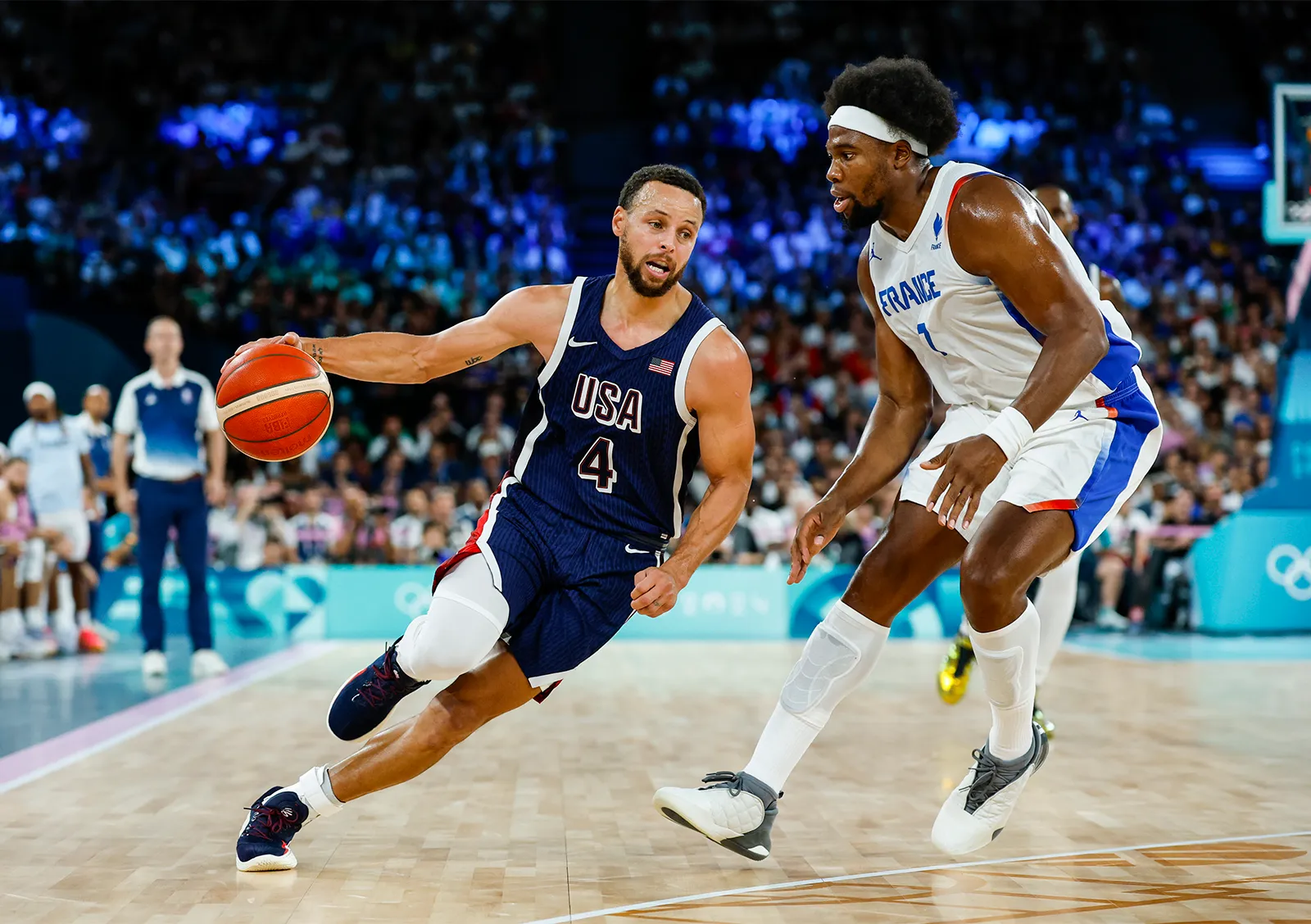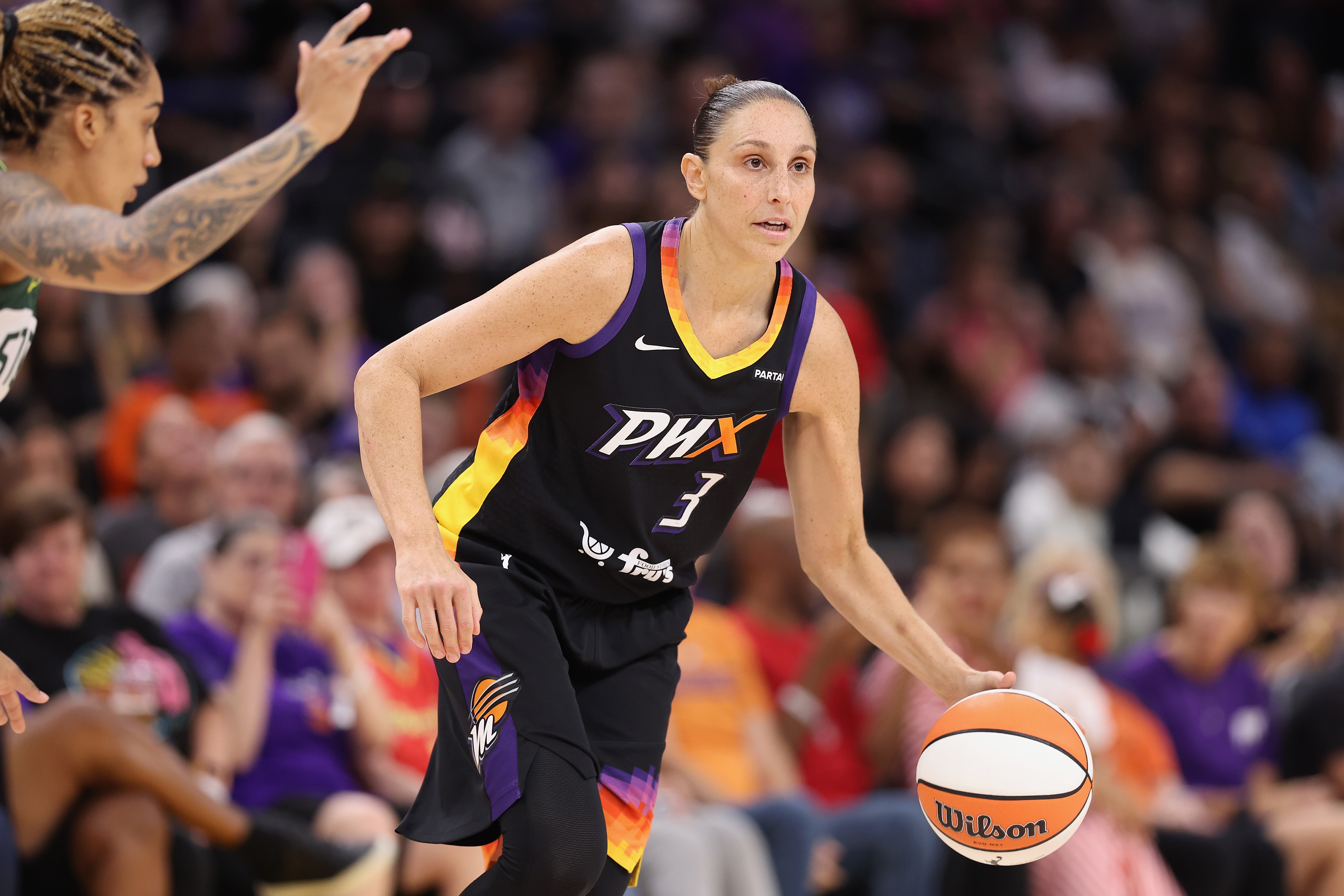The Importance of Nutrition

“You are what you eat.”
I didn’t fully appreciate this advice until the later stages of my career. Even though some players do fine with poor eating habits, ignoring nutrition is like skipping shooting practice – it limits their potential. Good nutrition gives kids the energy they need for training, helps them recover after games, and supports their growth. This article will help you understand how the right diet can boost your child's health and performance in basketball, offering simple tips to help young athletes succeed on the court.
Fueling Performance
Proper nourishment is like fuel for young basketball players, helping them perform their best during practices and games. Just as a car needs the right kind of gas to run smoothly, young athletes need the right balance of foods to stay energized and focused. When they don’t get enough nutrients, they often feel tired, can’t concentrate well, and don’t have the stamina to keep up, which affects their game. Eating properly helps them stay full of energy, sharp, and ready to play their best.
Nutrition also plays a big role in mental focus and staying injury-free. The right foods help the brain function better, which is important for quick thinking and making smart decisions on the court. This helps players respond faster, make accurate passes, and execute plays more effectively. And, a balanced diet strengthens bones and muscles, reducing the risk of common injuries. Good nutrition, therefore, not only boosts your child’s game performance but also supports their overall health and keeps them on the court, playing and enjoying the sport longer.
Enhancing Recovery
A wholesome diet is key to bouncing back after a tough game or practice. It helps muscles recover faster, reducing soreness and speeding up overall recovery time. When young athletes eat the right foods after playing, they replenish their glycogen stores, which are their body's main energy reserves. This helps them refuel and repair muscle tissues, so they’re ready to get back on the court sooner. Eating the right nutrients also helps with reducing inflammation and healing from minor injuries and strains. Foods rich in vitamins and minerals can help soothe sore muscles and promote quicker recovery from the physical demands of the game. Consistently eating a balanced diet ensures that young athletes can maintain their performance, game after game, practice after practice, keeping them strong and ready to play at their best every time.
Supporting Growth and Development
For young basketball players, a quality diet is also crucial for their growth and development. Since they are still in their growing years, their bodies need a variety of nutrients to support physical growth. Nutrients from a balanced diet provide the building blocks necessary for their overall development, ensuring they grow strong and healthy, ready to meet the physical demands of the sport.
Calcium, vitamin D, and other nutrients play a vital role in developing strong bones, which are essential for a high-impact sport like basketball. These nutrients help in building bone density, reducing the risk of fractures and injuries that can occur during intense play. Proteins and other essential nutrients are key for muscle growth and development. They help in building strength and agility, which are important for running, jumping, and making quick moves on the court. By eating a balanced diet rich in these nutrients, young athletes can better support their growth, enhance their physical capabilities, and stay resilient through their athletic journey.
Long-Term Health Benefits
Establishing healthy eating habits early in life sets a foundation for long-term well-being. By adopting a balanced diet from a young age, children can develop habits that support a healthier lifestyle as they grow older. This includes physical health and a reduced risk of chronic diseases later in life. Nutrient-rich foods provide essential vitamins and minerals that support the immune system, heart health, and overall vitality, promoting longevity and quality of life. Balanced nutrition also plays a significant role in emotional well-being. The foods we eat directly impact our mood and energy levels. A diet rich in fruits, vegetables, whole grains, and lean proteins can contribute to better mental health, fostering a positive mindset both on and off the basketball court. When athletes feel good mentally, they can focus better, perform more consistently, and enjoy their sport more fully.
Eating healthy food is further linked to improved academic performance. Nutritious meals help your brain work better, making it easier to remember things and stay focused. This connection shows that eating well isn't only important for staying fit; it's also key to doing well in school. When young athletes eat foods that are good for them, they can do better in both sports and their studies, paving the way for a successful future that covers all bases.
Key Nutritional Needs for Basketball Players
For basketball players, it's vital to get the right mix of macronutrients and micronutrients for top performance and good health. Macronutrients like carbohydrates, proteins, and fats provide the energy needed for intense physical activity. Carbohydrates help keep energy levels steady so players can perform their best without getting tired. Proteins are essential for repairing and building muscles, which is important for athletes who train hard. Eating enough protein helps muscles recover and grow stronger after practices and games. Healthy fats are also important as they provide a concentrated energy source and help produce hormones. These fats support cell function and provide lasting energy during long periods of play.
Micronutrients, even though needed in smaller amounts, are just as important. Vitamins and minerals like calcium, iron, and vitamin D are critical for basketball players. Calcium and vitamin D are key for strong bones, which is necessary in a high-impact sport to prevent injuries. Iron is important for carrying oxygen through the body and maintaining energy levels. It helps produce hemoglobin, which delivers oxygen to muscles during physical activities. By having a diet rich in both macronutrients and micronutrients, basketball players can perform better, recover faster, and stay healthy.
Hydration: The Often Overlooked Component
Staying hydrated is essential for young athletes, even though it often gets overlooked. Drinking enough water is important because it helps keep their body temperature steady, lubricates their joints, and keeps their heart and blood vessels working well, all of which are crucial during sports. If kids don’t drink enough fluids, they can get tired, have trouble concentrating, and might even get sick from the heat.
To help young athletes stay hydrated, they should drink water regularly throughout the day, not just when they’re thirsty. It’s a good idea to start drinking water well before games and practices, keep sipping during breaks, and make sure to drink up after they’re done playing. You can make hydration more appealing by offering flavored water or including water-rich foods like fruits and veggies in your child’s meals.
Conclusion
In summary, good nutrition plays a vital role in the success and well-being of young basketball players. From boosting performance on the court to aiding in recovery, supporting growth, and safeguarding long-term health, a balanced diet of macronutrients and micronutrients is essential. I encourage you to prioritize your child’s nutrition, being aware of its impact not only on athletic achievements but also on academic performance. By instilling healthy eating habits early, you empower your young athletes to thrive in their athletic endeavors and overall development.
Get Involved at Ness Basketball
Do you want to elevate your young athlete's basketball skills with personalized training programs? At Ness Basketball, we focus on enhancing performance on the court through tailored coaching. Our programs emphasize the importance of overall development, including the role of nutrition in supporting athletic goals. By joining our programs, you provide your child with expert coaching that is customized to their skill level and aspirations. Invest in your child’s athletic journey today by enrolling them in one of our training programs, where skill and growth converge for a well-rounded experience in basketball.
*Disclaimer
While I aim to provide helpful information, I am not a medical professional. I recommend consulting with a healthcare provider or a registered dietitian to find the best nutritional plan for your young athletes. Every child has unique dietary needs, and professional advice ensures they get the right nutrition to support their health and performance.
Sign up today for a free practice session
If your child is ready to improve their game, let's get to work.
Sign up


